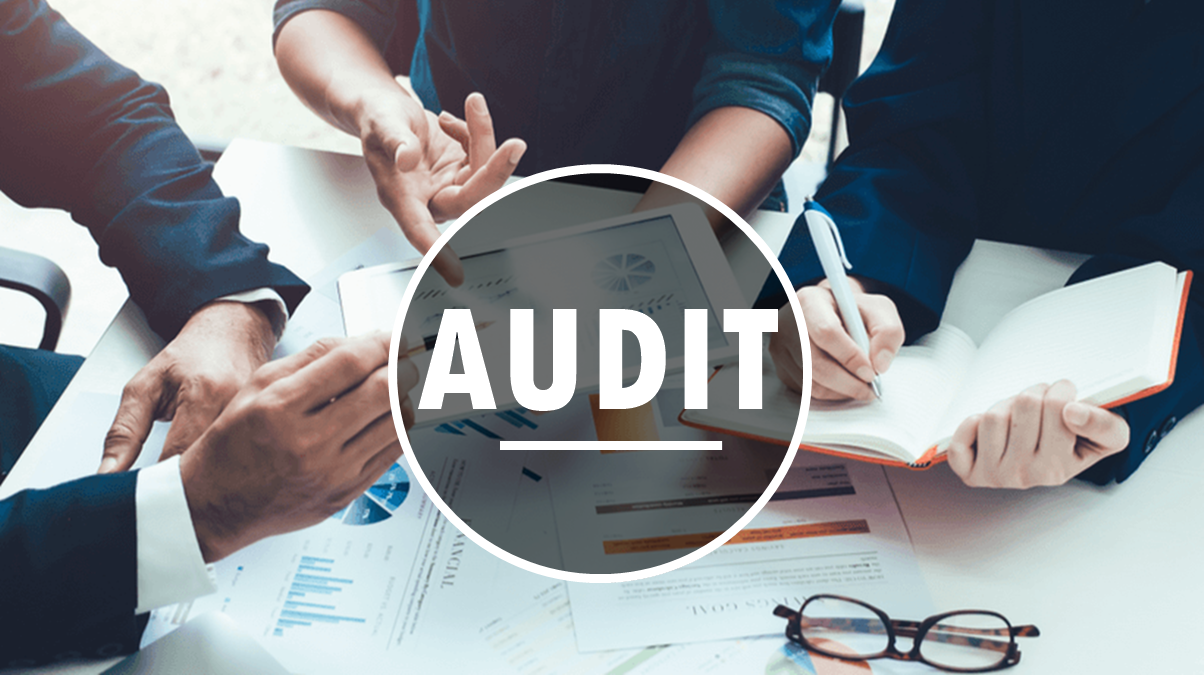In Ghana, the audit process plays a crucial role in ensuring financial transparency, accuracy, and compliance with regulatory requirements. For businesses and organisations, understanding the audit process can help them prepare for a successful engagement with auditors. This blog post aims to provide a comprehensive overview of the audit process followed by accounting firms in Ghana. We will explore the different stages involved, the roles and responsibilities of auditors and auditees, common challenges faced, and effective strategies to overcome them.
Overview of the Audit Process in Ghana:
The audit process entails a comprehensive assessment of financial statements and records to ensure compliance with regulations. It involves several key stages, including planning, risk assessment, evidence gathering, and reporting. Auditors evaluate internal controls, identify potential fraud or errors, and provide recommendations for improvement. This process enhances transparency, accountability, and trust in Ghana’s financial sector, promoting economic growth and investor confidence. Effective audits contribute to the overall integrity and stability of Ghana’s business environment.
2. Audit Engagement:
A successful audit engagement requires careful planning and execution. This process helps auditors and auditees to engage each on the essential information which are need and also help foster a supreme strategy and planning and execution process.
a) Pre-engagement stage: This stage involves understanding the client’s business, assessing risks, and planning the audit approach.
b) Risk assessment: Here, we will explain how auditors identify and evaluate risks associated with financial statements and internal controls.
c) Fieldwork: We will discuss the process of gathering evidence, performing substantive procedures, and conducting tests of controls.
d) Reporting: This section will cover the preparation of the audit report, including expressing opinions and communicating findings to the auditee.
3. Roles and Responsibilities of Auditors and the Auditee in Ghana:
An effective audit engagement requires collaboration between auditors and auditees. In this section, we will outline the roles and responsibilities of both parties. Topics to cover may include:
a) Auditor responsibilities: Explaining the auditor’s duty to plan and perform the audit in accordance with auditing standards, ensuring independence, and maintaining professional skepticism.
b) Auditee responsibilities: Discussing the auditee’s duty to provide accurate and complete financial information, supporting documents, and access to relevant personnel.
4. Common Challenges Faced During the Audit Process in Ghana:
These audit process can encounter various challenges such as:
a) Inadequate documentation and recordkeeping: Highlighting the importance of maintaining proper financial records and providing guidance on best practices.
b) Lack of cooperation: Discussing how limited cooperation from auditees can hinder the audit process and providing strategies to encourage collaboration.
c) Complex regulatory environment: Addressing the challenges posed by the ever-evolving regulatory landscape and offering suggestions to navigate compliance requirements.
5. Strategies to Overcome Audit Process Challenges in Ghana:
we will provide practical solutions to overcome the challenges discussed earlier. These strategies may include:
a) Improved communication: Emphasising the significance of open and clear communication between auditors and auditees to resolve any misunderstandings promptly.
b) Technology adoption: Discussing the benefits of leveraging audit software and technology to streamline the audit process and enhance efficiency.
c) Continuous professional development: Encouraging auditors to stay updated with the latest accounting and auditing standards to effectively navigate challenges.
Understanding the audit process is essential for businesses and organisations. By comprehending the different stages, roles, and challenges associated with audits, stakeholders can foster a cooperative environment and ensure a smooth and successful audit engagement. By following this step-by-step guide, businesses can improve their preparedness, streamline their audit process, and maintain financial integrity in compliance with Ghanaian regulations.



